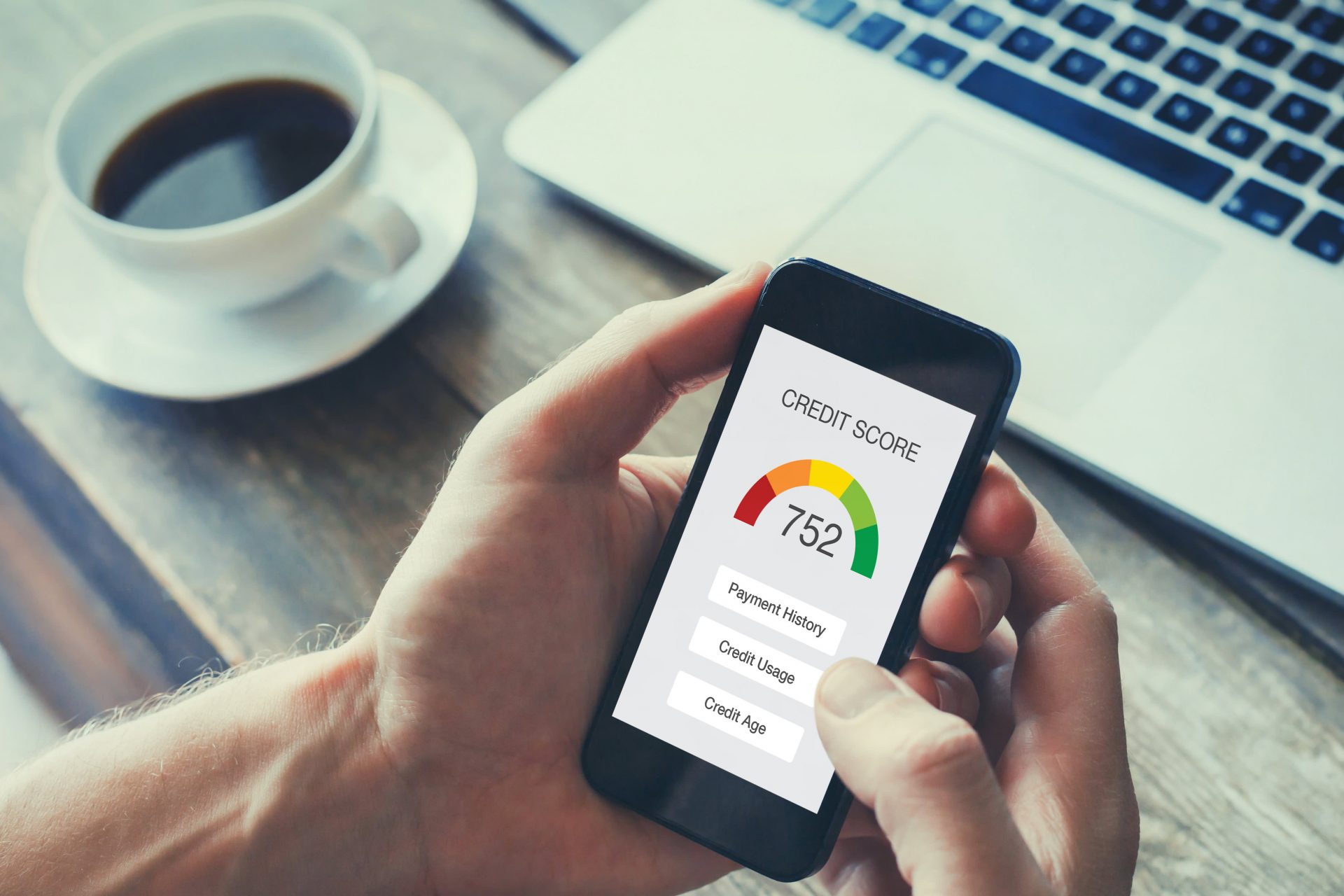
How Your Credit Score Affects Your Money
You have probably noticed when you look at your banks advertised loan rates in fine print are the words “as low as.” This probably leaves you wondering what rate you would get and how that rate is determined. Lenders set individual interest rates on loans using what’s called “risk based lending.” Financial institutions set a rate for each loan category (auto loan, unsecured loan, Home Equity, etc.). Within each category, there are a subset of rates (this is where the “risk based lending” comes in). It is these subsets of rates that determine your individual interest rate. This subset of rates are usually not shared with the public, but rather are used for internal purposes.
When you apply for a loan the lender will ask you for information about your income. They will also pull your credit report and score. Using your credit report they will review your monthly debt, your debt ratio, delinquencies, and your total unsecured debt among other things. Using all of this information they will first decide whether or not they will approve your loan. If your financial information meets your banks minimal requirements, then you will probably be approved. If not, then the bank will either out right deny your loan request or they may give you other options so that you will qualify (such as lowering the amount of the loan or asking for collateral if you applied for an unsecured loan.)

In addition to approving your loan, the loan officer must also determine what interest rate will be applied to your loan. Your individual interest rate is dependent on your credit score and their internal risk based lending rates. With risk based lending, the higher your credit score is the lower your interest rate will be (and vice versa). The rationale for doing this is that borrowers with lower credit scores are more likely to default on their loans so they should pay higher interest rates to help offset that risk. Risk based lending also allows lenders to reward borrowers with high credit scores by giving them lower interest rates.
Having a higher credit score can save you a lot of money. In an example of a bank’s risk based lending rates, here is the difference in an auto loan interest rate for a borrower with a high credit score and for a borrower with a low credit score.
A FICO score (the most commonly used credit score) of 720 would get a rate of 5.74%. A score 600 would get a rate of 9.99%.
Let’s put those rates in dollars. On a $25,000 loan for 60 months the higher credit score (720) would pay $3,717.20 in interest over the life of the loan. While the lower credit score (9.99%) would pay $6,546.80 in interest. The difference between the two is almost $3,000! This difference can be even higher depending on the financial institution, geographical location, and the economic climate.










